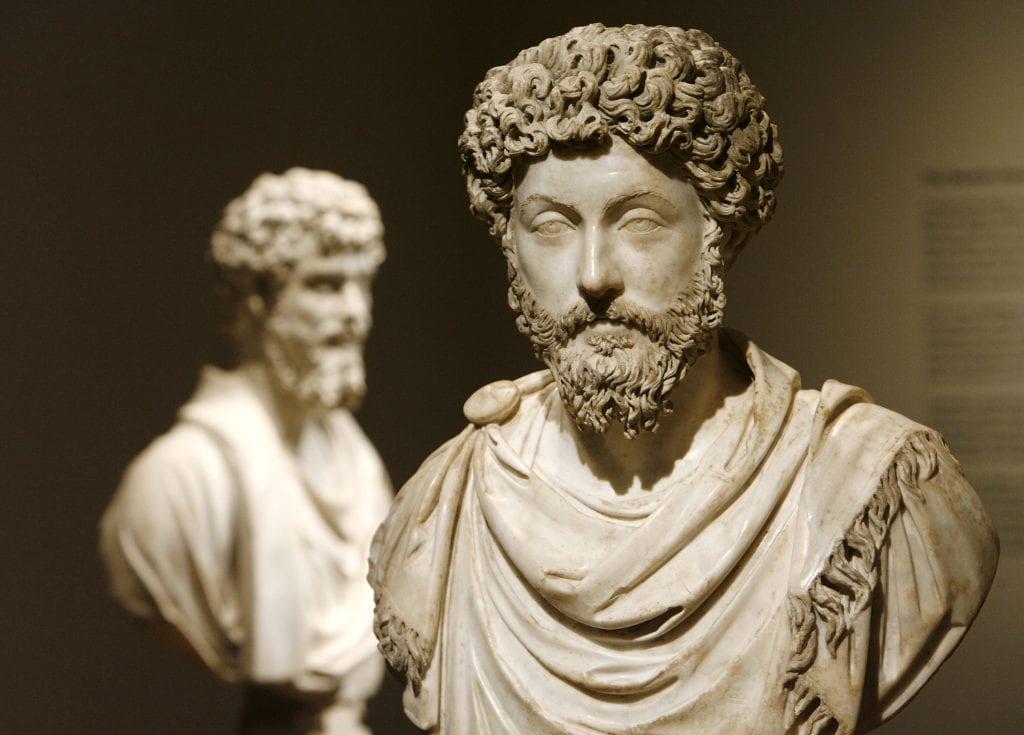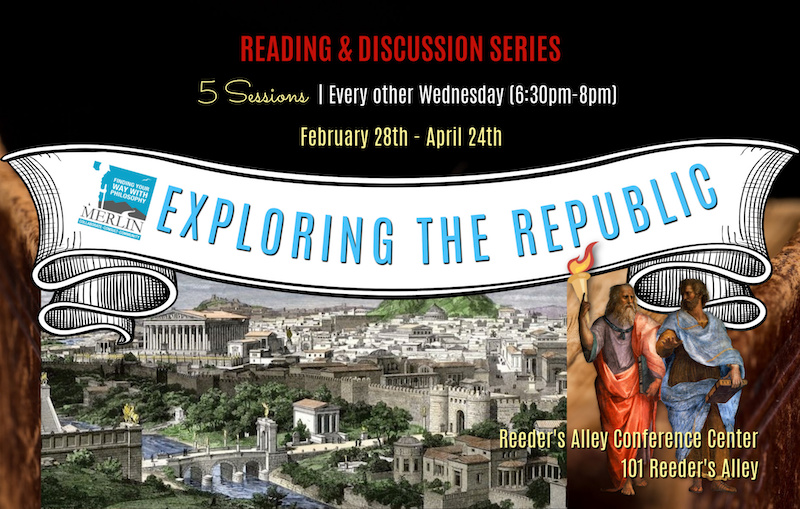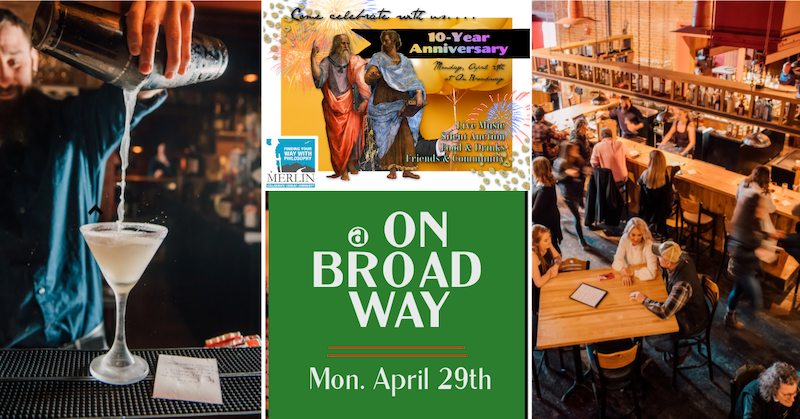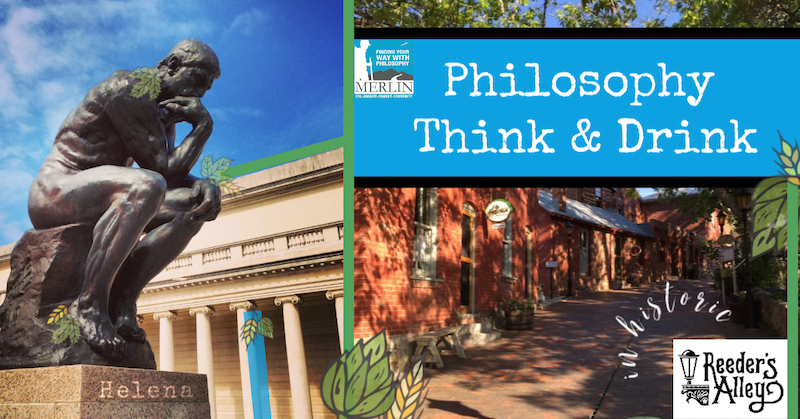
- This event has passed.
Philosophy Workshop: The Stoic Art of Living — Providence and the World *(VIRTUAL/ZOOM)*
April 25, 2020 @ 10:00 am - 12:30 pm MDT
FreeIn the final chapter of his Handbook, Epictetus quotes a few lines from the “Hymn to Zeus” written by the earlier Stoic philosopher Cleanthes:
Guide me, O Zeus, and thou, O Destiny,
To wheresoever you have assigned me;
I’ll follow unwavering, or if my will fails,
Base though I be, I’ll follow nonetheless.
(Epictetus, Handbook 53, trans. Robin Hard)
For the ancient Stoics, sentiments like these were a profound source of comfort. But for many modern people, they might seem overly fatalistic, even insane, if they encourage us to ignore evil and suffering in the world. So why the difference? That’s what this workshop will try to uncover.
In this workshop on the Stoic art of living we’ll go “under the hood” to explore what philosophical machinery might be needed to get Stoic ethical views to actually work.
The ancient Stoics, like philosophers of other traditions, described a world that was characterized by providence, and they defended that worldview with a variety of arguments. There are two basic claims:
- The world is basically, essentially, at bottom, good.
- The Gods exist, and take an interest in each of us as individuals, personally.
These views, along with a helping of determinism in the physical world, are supposed to provide the foundation we need for Stoic ethics. (The first claim is also the direct opposite of the Buddhists’ description of the world as basically, at bottom, characterized by suffering.)
In this workshop, we’ll look at:
• How the ancient Stoics defended these two positions. What are their arguments? And how, if we’re able to prove these two claims, do they help Stoic ethics make sense?
• How ancient philosophers from other traditions (especially Platonism) defended these same two positions, in very different ways. This will give us a sense for some alternative routes to the same destination.
• What happens if we reject either or both of these positions. Does it still make sense to act the way Epictetus and his fellow Stoics suggest, if we don’t share their belief in providence?
As we examine these issues, we gain new insight into the ancient philosophers, and also, more generally, into the ways that our beliefs about how the world is (i.e., physics) provide important foundations for how we should respond to the world (i.e., ethics).
We’ll leave the workshop with:
• A deeper understanding of the traditions and arguments;
• New, richer questions to ponder and explore; and
• Suggestions for further reading and study
Workshop leader: David Nowakowski. No background in philosophy is required to participate in this workshop. All ages welcome.
Our philosophy workshops are FREE. That said, for those who still have the steady income to do so in these trying times, we could really use your financial support right now. Donations help to cover workshop leader honorariums, implementation, and resource archiving, as well as community workshop scholarships for those in need. You can make a donation by clicking here. For those facing more challenging financial circumstances, we ask that you please try to “pay it forward” with acts of kindness for your neighbors and community.
Register for our ZOOM philosophy workshop here. (Once you register, you will receive an e-mail with information about how to join the meeting & a link to do so).
*DOWNLOAD YOUR WORKSHOP HANDOUT*
**For those who have not used Zoom before on your computer, click here to do a test run and ensure your system is working properly: https://support.zoom.us/hc/en-us/articles/115002262083-Joining-a-test-meeting.**




